Regional Historical Museum, town of Sliven
The regional historical museum of Sliven is housed in a beautiful building on the main street of the town. It is one of the oldest institutions in Sliven. It was established in 1913 as a museum at the community center “Zora”. The renovated exposition of the Museum, entitled “Treasures – Museum – Memory” was opened on 12 May 2008 celebrating 130 years of the beginning of museum activity and 95 years of the establishment of the museum in Sliven. Original monuments of the museum fund are included in the exposition, some of which are of global significance and are related to the life of the Sliven region population from the Neolithic Age (6000 years BC) to the present day. The exponents are arranged according to a collection principle. Marble and bronze statuettes from Roman times, objects and jewels made of bone from the Antiquity to the Middle ages are presented in the halls on the first floor. One of the most significant archaeological monuments is the inscription made upon a pedestal to the memory of God Zeus. Interesting objects are also the small bronze pieces of art – applications, statuettes, medical instruments, etc. Craftsmen tools and agrarian tools used during the Antiquity and the Middle ages are presented in the collection of labor tools. Bronze pots, ceramics, arms from the Bronze age, the Antiquity and the Middle ages, found in the Sliven region, are placed in this part of the exposition. The collection of jewels made of forged copper is placed on the second floor. There is also a unique collection of guns from the age of Revival – the sword of Panayot Hitov (Bulgarian revolutionary, 1830 – 1918), yataghans, flint mechanism, various types of firearms. The finds of the so-called Valley of the Thracian Kings are shown on the last floor. They were found in the summer of 2007 by an archaeological expedition, led by the renowned Dr. Georgi Kitov (1943 – 2008). Luxurious ceramic pots, tombstone gifts, decoration for horse ammunition, amphorae, etc. are presented. The two silver rhytons are of the highest artistic value. The second golden mask found in the Thracian region is presented here, as well as two golden phials for wine drinking and golden stamp ring are also presented here. An interesting object is the rhyton with a head of a horse and a body of a cock unfamiliar for the Thracian region, and a silver helmet which is the only one made of this metal. The regional historical museum of Sliven includes the following sites:
Museum House “Hadzhi Dimitar” – museum complex which includes the native house of the legendary voivode of Sliven – Hadzhi Dimitar (1840 – 1868) and the inn belonging to his father, as well as an exposition dedicated to the voivodes Hadzhi Dimitar and Stefan Karadzha (1840 – 1868).
Museum House “Sliven Style of Life” – a typical house of the Revival period (18th – 19th century) – open, symmetrical and with a veranda, built by unknown builders from Tryavna in one of the old neighborhoods of Sliven – the Kaftandzhiyski neighborhood.
Museum Collection “Dobri Chintulov” – the exposition of photos and documents, original belongings of the famous poet of the period of Revival – Dobri Chintulov (1822 – 1886) presents the typical for the period setting and speaks of periods of his life, his social and creative activity.
The early Byzantine and Middle Age fortress “Tuida” – an archaeological monument, which belongs to the age of late Antiquity. It is situated on the Hisarlaka hill in the north-east part of Sliven, from which a unique view to the magnificent “Blue Rocks” and the town opens. It is not open to visitors at the moment.
day off: MondayNovember – March:
9.00 – 12.00; 2.00- 6.00
day off: Sunday, Monday
Tourist information center – Sliven
Monday-Friday: 08:00-17:00
Tsar Osvoboditel Blvd. 1, Sliven
Tel .: +359 44 61148
Email: infotourist@sliven.bg
Website: www.infotourism.sliven.bg
Regional Historical Museum, town of Sliven
Town of Sliven, 18 Tsar Osvoboditel Blvd
Tel: +359 44 622494
E-mail: museum_pr@abv.bg
Website: www.museum.sliven.net
The regional historical museum of Sliven is housed in a beautiful building on the main street of the town. It is one of the oldest institutions in Sliven. It was established in 1913 as a museum at the community center “Zora”. The renovated exposition of the Museum, entitled “Treasures – Museum – Memory” was opened on 12 May 2008 celebrating 130 years of the beginning of museum activity and 95 years of the establishment of the museum in Sliven. Original monuments of the museum fund are included in the exposition, some of which are of global significance and are related to the life of the Sliven region population from the Neolithic Age (6000 years BC) to the present day. The exponents are arranged according to a collection principle. Marble and bronze statuettes from Roman times, objects and jewels made of bone from the Antiquity to the Middle ages are presented in the halls on the first floor. One of the most significant archaeological monuments is the inscription made upon a pedestal to the memory of God Zeus. Interesting objects are also the small bronze pieces of art – applications, statuettes, medical instruments, etc. Craftsmen tools and agrarian tools used during the Antiquity and the Middle ages are presented in the collection of labor tools. Bronze pots, ceramics, arms from the Bronze age, the Antiquity and the Middle ages, found in the Sliven region, are placed in this part of the exposition. The collection of jewels made of forged copper is placed on the second floor. There is also a unique collection of guns from the age of Revival – the sword of Panayot Hitov (Bulgarian revolutionary, 1830 – 1918), yataghans, flint mechanism, various types of firearms. The finds of the so-called Valley of the Thracian Kings are shown on the last floor. They were found in the summer of 2007 by an archaeological expedition, led by the renowned Dr. Georgi Kitov (1943 – 2008). Luxurious ceramic pots, tombstone gifts, decoration for horse ammunition, amphorae, etc. are presented. The two silver rhytons are of the highest artistic value. The second golden mask found in the Thracian region is presented here, as well as two golden phials for wine drinking and golden stamp ring are also presented here. An interesting object is the rhyton with a head of a horse and a body of a cock unfamiliar for the Thracian region, and a silver helmet which is the only one made of this metal. The regional historical museum of Sliven includes the following sites:
Museum House “Hadzhi Dimitar” – museum complex which includes the native house of the legendary voivode of Sliven – Hadzhi Dimitar (1840 – 1868) and the inn belonging to his father, as well as an exposition dedicated to the voivodes Hadzhi Dimitar and Stefan Karadzha (1840 – 1868).
Museum House “Sliven Style of Life” – a typical house of the Revival period (18th – 19th century) – open, symmetrical and with a veranda, built by unknown builders from Tryavna in one of the old neighborhoods of Sliven – the Kaftandzhiyski neighborhood.
Museum Collection “Dobri Chintulov” – the exposition of photos and documents, original belongings of the famous poet of the period of Revival – Dobri Chintulov (1822 – 1886) presents the typical for the period setting and speaks of periods of his life, his social and creative activity.
The early Byzantine and Middle Age fortress “Tuida” – an archaeological monument, which belongs to the age of late Antiquity. It is situated on the Hisarlaka hill in the north-east part of Sliven, from which a unique view to the magnificent “Blue Rocks” and the town opens. It is not open to visitors at the moment.
day off: MondayNovember – March:
9.00 – 12.00; 2.00- 6.00
day off: Sunday, Monday
Tourist information center – Sliven
Monday-Friday: 08:00-17:00
Tsar Osvoboditel Blvd. 1, Sliven
Tel .: +359 44 61148
Email: infotourist@sliven.bg
Website: www.infotourism.sliven.bg
Regional Historical Museum, town of Sliven
Town of Sliven, 18 Tsar Osvoboditel Blvd
Tel: +359 44 622494
E-mail: museum_pr@abv.bg
Website: www.museum.sliven.net
Virtual map
Photos
© All images, advertising and video materials and/or other information published on this website are property of the Ministry of Tourism and are protected by the Law on Copyright and Related Rights, according to the Bulgarian laws to all applicable international and relevant acts of the European Union.





